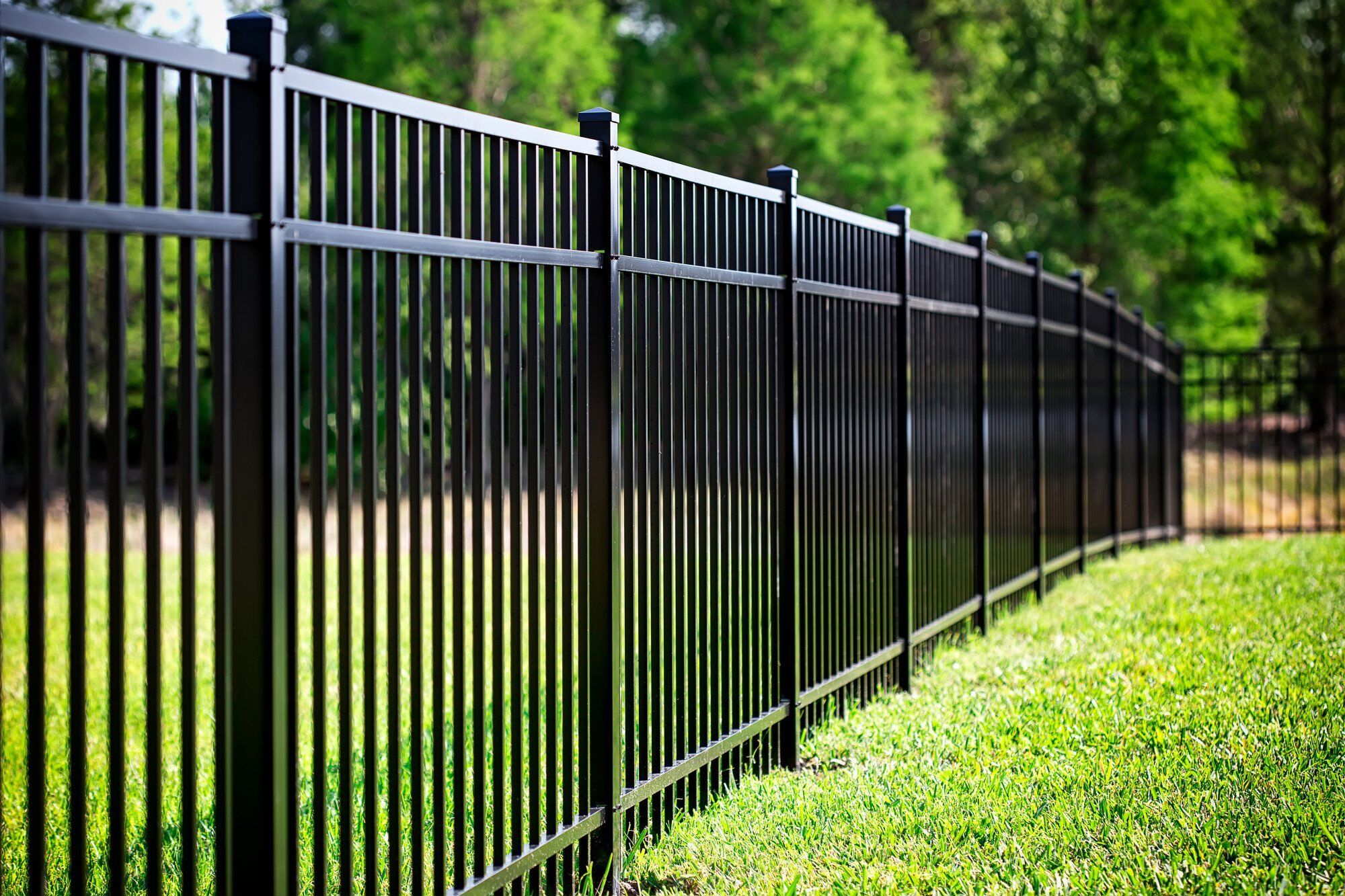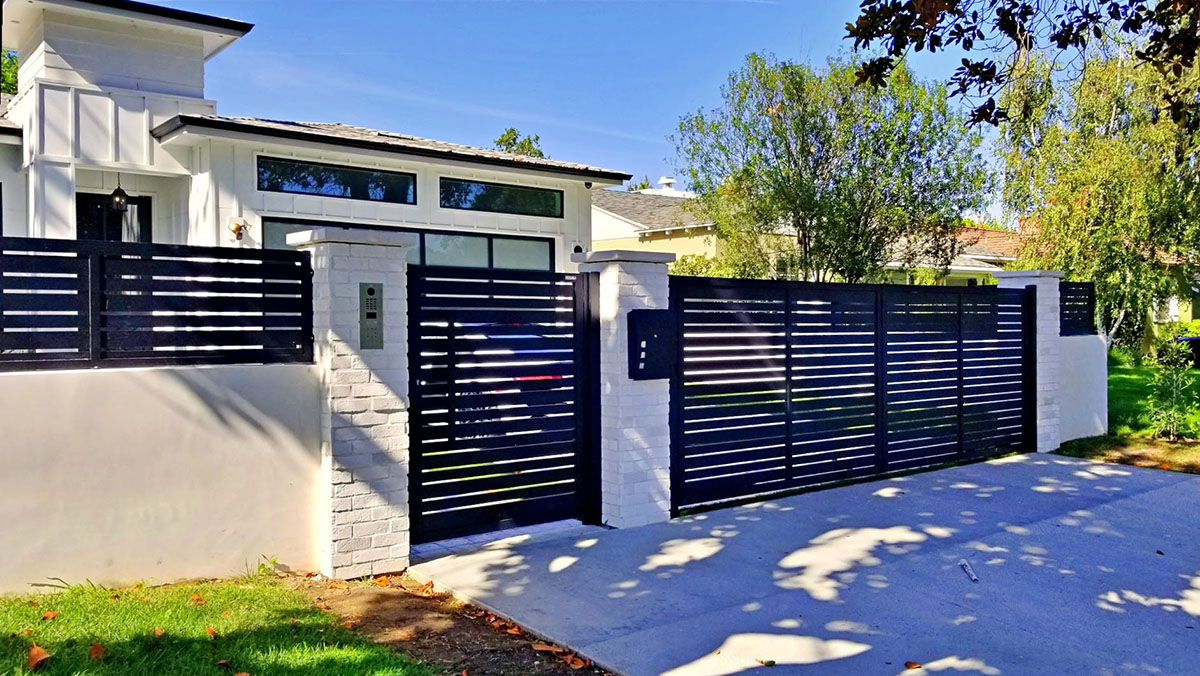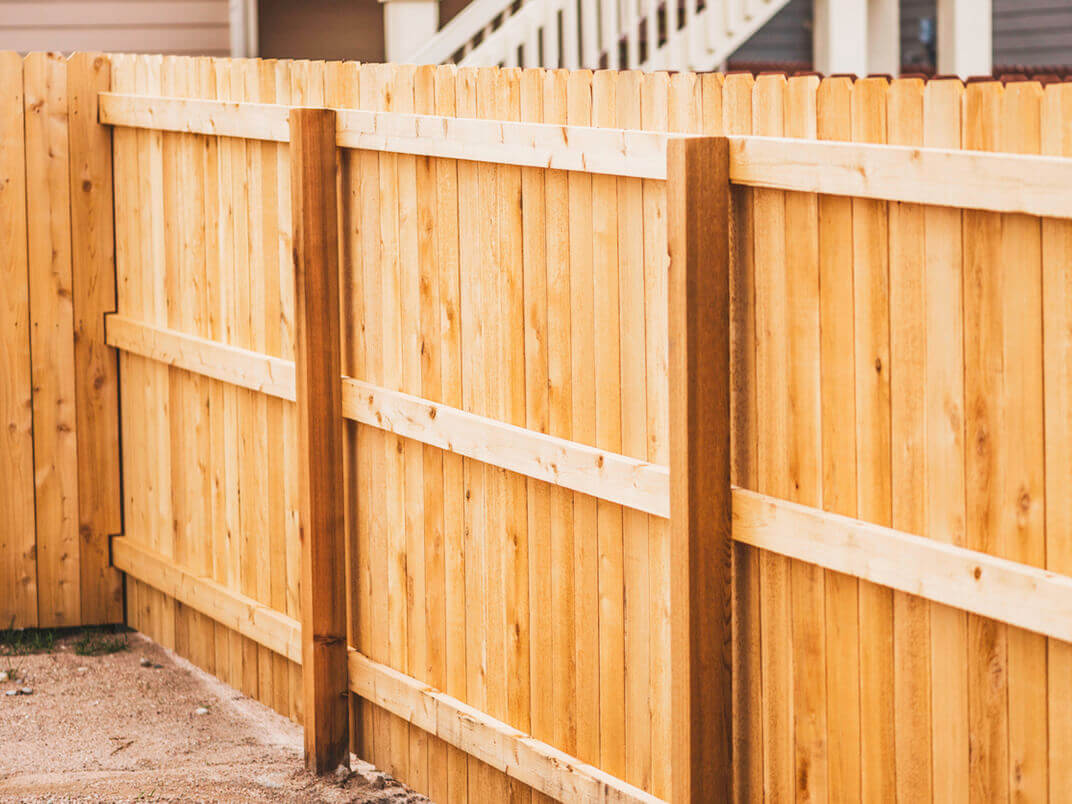All Categories
Featured
Recognizing the license needs in your area is essential if you're thinking about mounting a fence around your property. While developing a fence could look like an easy DIY project, several guidelines may govern its building depending upon where you live. Failing to get the correct permits can lead to fines, penalties, and even having to get rid of the fence entirely. In this overview, we'll damage down the various permits you may need to install a fence and how to ensure your project remains compliant with regional legislations.
Why Are Permits Needed for Fence Setup? Licenses are called for to make sure that the fence you build comply with neighborhood building regulations, zoning policies, and security requirements. These authorizations are in area to safeguard your residential property, the properties around you, and the environment. They make certain that the fencing will not block utilities, web traffic circulation, or produce risks for pedestrians. Furthermore, they help keep the aesthetic and structural integrity of your neighborhood.
![]()
Kinds of Permits You Might Need. Structure Authorization. A structure license is one of the most typical requirement for mounting a fencing. This permit makes certain that the framework you develop adhere to local security codes and policies. You may require to obtain a structure authorization if your fence goes beyond a particular height (typically around 6 feet) The regional authorities will generally evaluate your plans to ensure that your fence is risk-free and structurally audio.
Zoning Permit. Zoning laws regulate land use in your area, and they often regulate where fencings can be set up, as well as how tall they can be. A zoning license makes certain that your fencing adheres to these guidelines. For instance, your fence may require to be set back a particular range from pathways or property lines. Zoning policies can vary by community, so it's critical to check the specific guidelines that use to your location.
Homeowners Organization (HOA) Authorization. If your property is component of a property owners organization, you might need approval prior to mounting a fence. HOAs usually have stringent rules concerning the kind, style, and products used for fencings to keep an uniform look throughout the neighborhood.
Specialty Permits. In many cases, you might need specialty permits based on the location of your home or the nature of your fencing. For example, if your building is in a flooding zone, you might need extra permits to ensure that your fence does not obstruct drain or water flow. If you intend to develop a fencing near an environmentally protected location, you may need an unique license to comply with ecological guidelines.
![]()
Energy Easements and Utility Company Approvals. Some residential or commercial properties have utility easements, which are areas marked for utility lines, cable televisions, or pipes. Prior to mounting a fencing, you need to inspect if your property has an easement. Developing a fence within an easement could disrupt energy upkeep or damages underground lines. You may require approval from the energy company or local authorities prior to proceeding with the setup.
Exactly How to Determine Which Allows You Required. Inspect with Regional Authorities. The initial step in identifying the permits called for is to contact your local building department or zoning workplace. They can offer particular information regarding what licenses are needed for your location. Lots of cities have on the internet resources or websites where you can examine the demands or also request a license online.
Consult an Expert Fencing Service Provider. A local fencing specialist is frequently aware of the license procedure and regional laws. They can help you browse the demands and guarantee that your project is certified. Lots of professionals additionally manage the permit application process on your part, saving you effort and time.
Evaluation Your Area's HOA Standards. If you stay in an area regulated by an HOA, make sure to evaluate their standards prior to making an application for any permits. The HOA might require particular styles, materials, or height limitations for fences within the neighborhood. Submit your strategies to them for approval before continuing.
![]()
Effects of Not Getting a Permit. Mounting a fencing without the called for authorizations can lead to major consequences. Prospective purchasers may hesitate to buy a property with an unpermitted fencing, especially if it's in violation of zoning laws.
Final thought. Prior to mounting a fencing on your residential property, make certain you understand the regional guidelines and get any essential permits. Structure licenses, zoning licenses, HOA approvals, and specialty permits all play a vital duty in making sure that your fence is risk-free, legal, and certified.
Why Are Permits Needed for Fence Setup? Licenses are called for to make sure that the fence you build comply with neighborhood building regulations, zoning policies, and security requirements. These authorizations are in area to safeguard your residential property, the properties around you, and the environment. They make certain that the fencing will not block utilities, web traffic circulation, or produce risks for pedestrians. Furthermore, they help keep the aesthetic and structural integrity of your neighborhood.

Kinds of Permits You Might Need. Structure Authorization. A structure license is one of the most typical requirement for mounting a fencing. This permit makes certain that the framework you develop adhere to local security codes and policies. You may require to obtain a structure authorization if your fence goes beyond a particular height (typically around 6 feet) The regional authorities will generally evaluate your plans to ensure that your fence is risk-free and structurally audio.
Zoning Permit. Zoning laws regulate land use in your area, and they often regulate where fencings can be set up, as well as how tall they can be. A zoning license makes certain that your fencing adheres to these guidelines. For instance, your fence may require to be set back a particular range from pathways or property lines. Zoning policies can vary by community, so it's critical to check the specific guidelines that use to your location.
Homeowners Organization (HOA) Authorization. If your property is component of a property owners organization, you might need approval prior to mounting a fence. HOAs usually have stringent rules concerning the kind, style, and products used for fencings to keep an uniform look throughout the neighborhood.
Specialty Permits. In many cases, you might need specialty permits based on the location of your home or the nature of your fencing. For example, if your building is in a flooding zone, you might need extra permits to ensure that your fence does not obstruct drain or water flow. If you intend to develop a fencing near an environmentally protected location, you may need an unique license to comply with ecological guidelines.

Energy Easements and Utility Company Approvals. Some residential or commercial properties have utility easements, which are areas marked for utility lines, cable televisions, or pipes. Prior to mounting a fencing, you need to inspect if your property has an easement. Developing a fence within an easement could disrupt energy upkeep or damages underground lines. You may require approval from the energy company or local authorities prior to proceeding with the setup.
Exactly How to Determine Which Allows You Required. Inspect with Regional Authorities. The initial step in identifying the permits called for is to contact your local building department or zoning workplace. They can offer particular information regarding what licenses are needed for your location. Lots of cities have on the internet resources or websites where you can examine the demands or also request a license online.
Consult an Expert Fencing Service Provider. A local fencing specialist is frequently aware of the license procedure and regional laws. They can help you browse the demands and guarantee that your project is certified. Lots of professionals additionally manage the permit application process on your part, saving you effort and time.
Evaluation Your Area's HOA Standards. If you stay in an area regulated by an HOA, make sure to evaluate their standards prior to making an application for any permits. The HOA might require particular styles, materials, or height limitations for fences within the neighborhood. Submit your strategies to them for approval before continuing.

Effects of Not Getting a Permit. Mounting a fencing without the called for authorizations can lead to major consequences. Prospective purchasers may hesitate to buy a property with an unpermitted fencing, especially if it's in violation of zoning laws.
Final thought. Prior to mounting a fencing on your residential property, make certain you understand the regional guidelines and get any essential permits. Structure licenses, zoning licenses, HOA approvals, and specialty permits all play a vital duty in making sure that your fence is risk-free, legal, and certified.
Latest Posts
NAPA AutoCare Certified: Trust Montclare Auto Repair for Quality Service
Published Apr 19, 25
2 min read
Full Circle Strategic Marketing - Supercharge Your Marketing Efforts with Tailored Strategies
Published Apr 19, 25
2 min read
Secure Your Home with Washington Fence's Costs Products
Published Apr 19, 25
1 min read
More
Latest Posts
NAPA AutoCare Certified: Trust Montclare Auto Repair for Quality Service
Published Apr 19, 25
2 min read
Full Circle Strategic Marketing - Supercharge Your Marketing Efforts with Tailored Strategies
Published Apr 19, 25
2 min read
Secure Your Home with Washington Fence's Costs Products
Published Apr 19, 25
1 min read